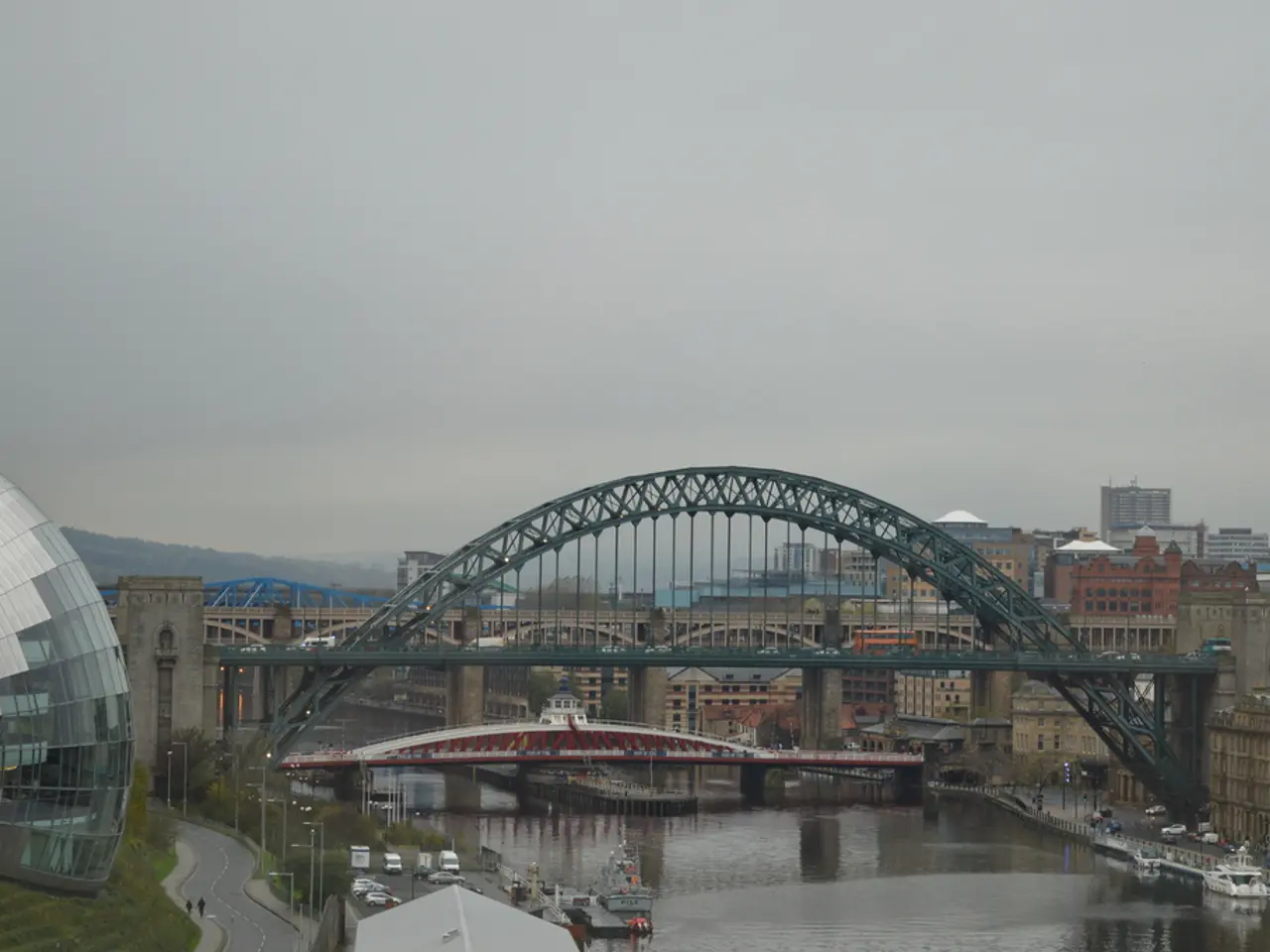As the COP30 climate summit draws near, the resolve of Brazil's civil society is put to the test
The highly anticipated COP30 climate summit, scheduled to take place in Brazil's Amazonian city of Belém in November 2025, is shaping up to be one of the most significant UN events in recent years. The conference's president, André Corrêa do Lago, has repeatedly championed civil society during the build-up.
Speaking earlier this year, Corrêa do Lago invited civil society to participate in the summit, hoping to foster a more inclusive and collaborative environment. However, challenges in the realization of this vision have emerged.
The federal government's promises to centralise reservations and mitigate abusive practices have so far failed to materialize. The bureaucratic process to become an observer ultimately excludes many local organizations, with the waiting list reaching up to four years. This has raised concerns about the representation of Brazilian civil society at the summit.
The high cost of accommodation in Belém has also pushed COP30 into the headlines. Lack of beds has inflated prices, with at least one reported case of prices reaching BRL 2 million (USD 354,000) to stay for the full two weeks of the event.
The Indigenous peoples of the Amazon have been demanding the co-presidency of COP30 for months. While the response to this demand has included the creation of the International Indigenous Commission to increase representation at COP30 debates, the Para government has given worrying signals on how it will respond to November's social mobilizations. Indigenous people who occupied Belém's State Education Secretariat building in protests were met with a power cut and pepper spray.
Another initiative designed to achieve increased civil society participation is the People's Circle, one of COP30's four Leadership Circles. More than 500 organizations have already confirmed attendance at the People's Summit, a parallel event to COP30 that will focus on climate justice. The People's Summit aims to confront issues including just energy transitions, zero-deforestation policies, and corporate accountability for global heating.
At climate COPs, country representatives discuss issues such as how to reduce the emissions that cause the planet to warm; adapting to the impacts of this warming; and financial support for developing countries to move away from fossil fuels, and become more resilient to climate change impacts. At COP28, there were 2,450 oil industry lobbyists in attendance, more than most national delegations. Moreover, there were more than 130 members of organizations promoting climate disinformation, according to a survey by Important Context.
The COP30 presidency has established a technical working group specifically tasked with strengthening social participation in the summit. This group's efforts will be crucial in ensuring that the voices of civil society are heard and their concerns addressed at the COP30 climate summit.
Read also:
- Russia, according to Zelensky, lacks the prowess for launching another significant offensive.
- Russia's Latest Peace Proposals for Donbas: New Diplomatic Landscape Emerges amid Alaska Summit, Potentially Opening Ceasefire Opportunities
- Amidst India's escalating climate crisis, transgender individuals continue to persevere
- Contentious Discussion Surrounding the Movie Release of "Planet of the Humans"








